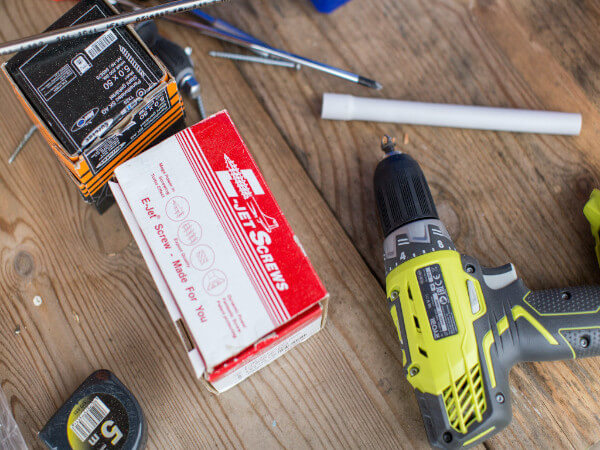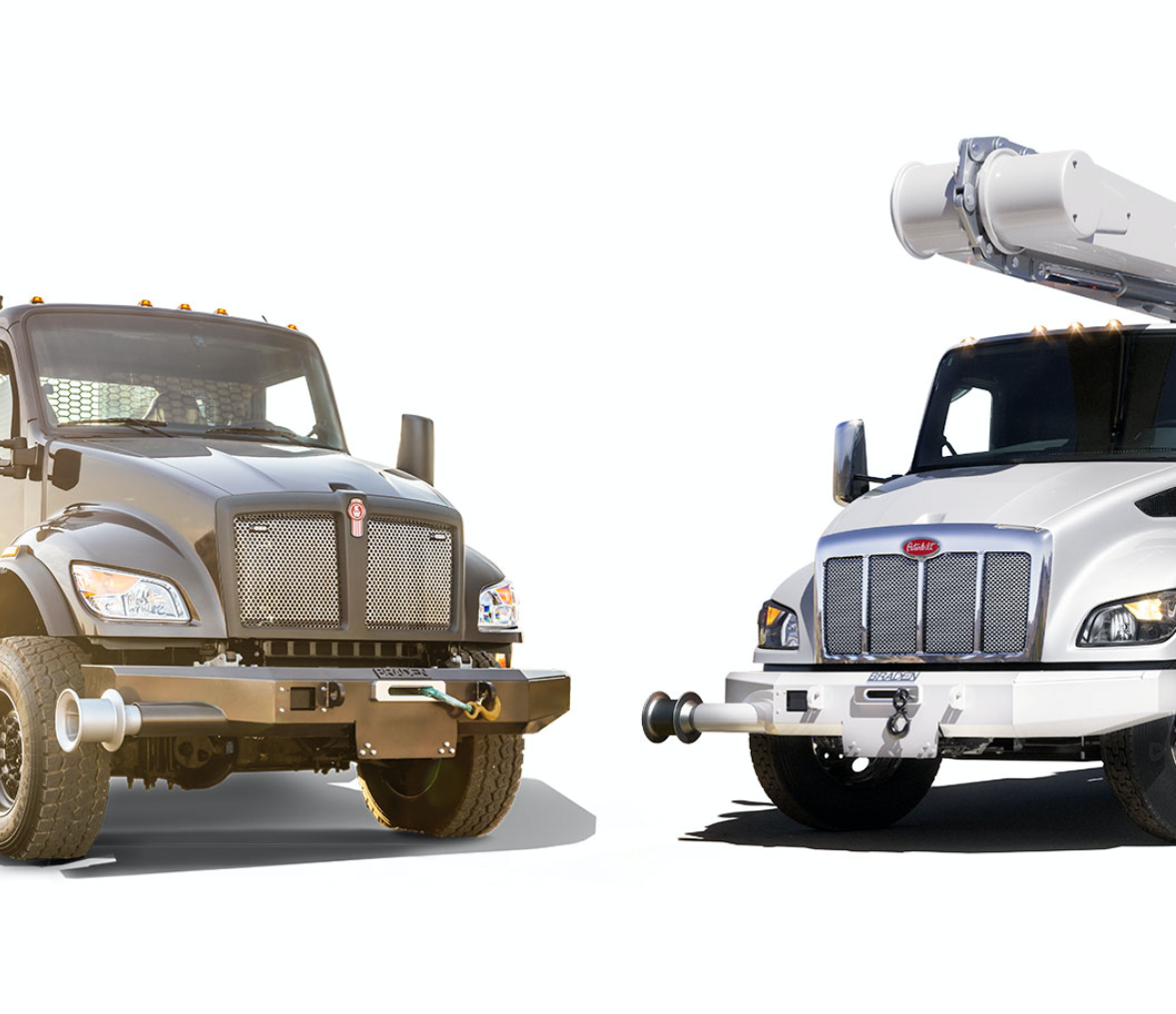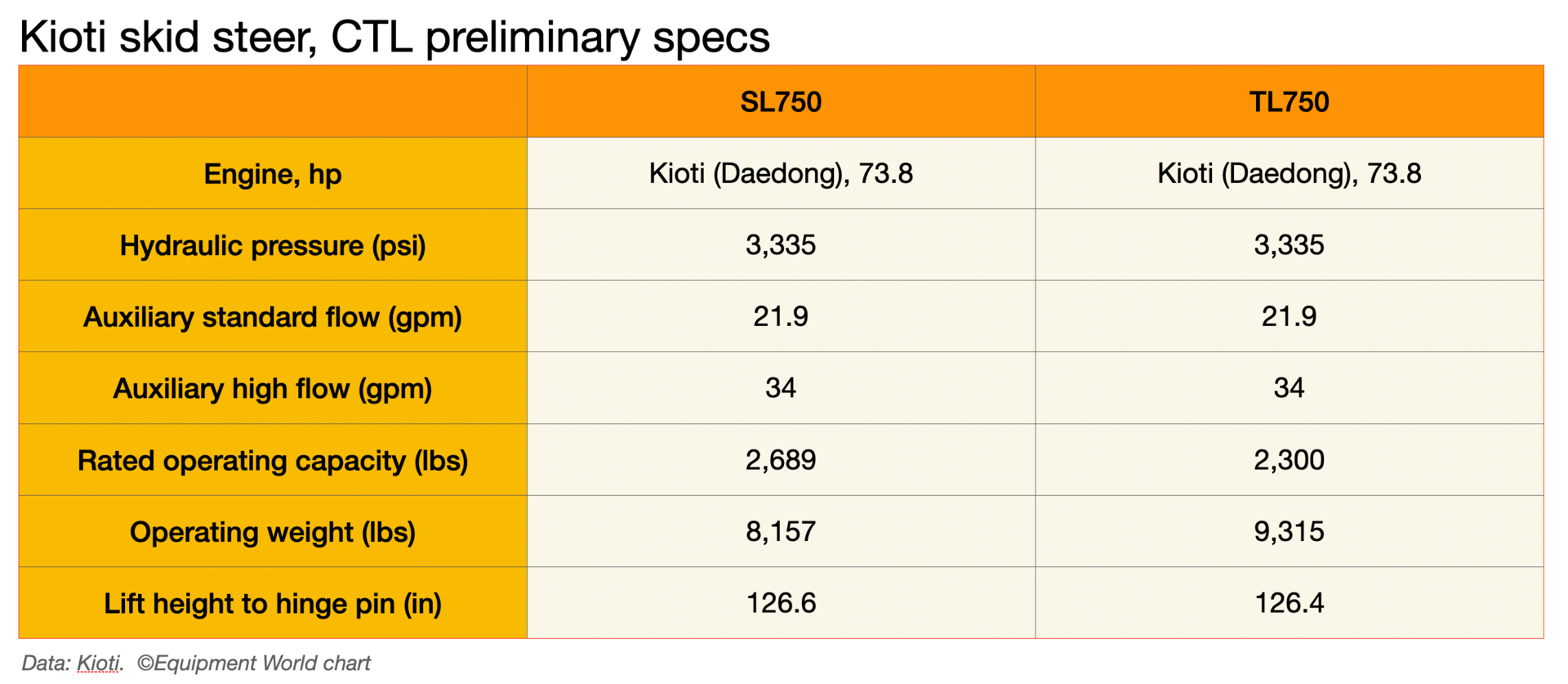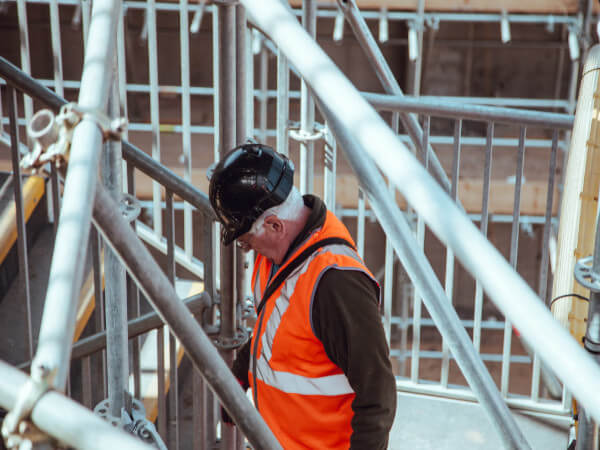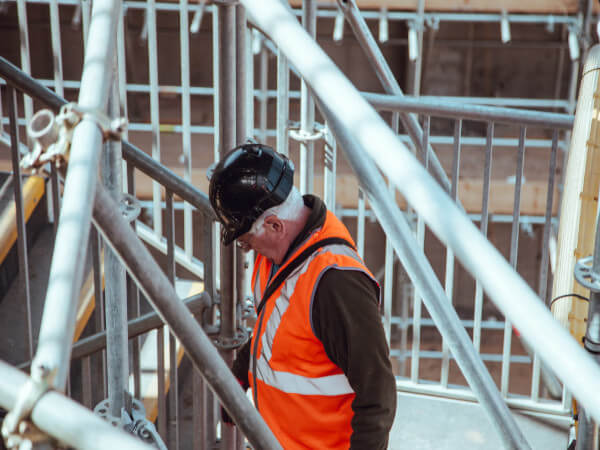Chinese construction equipment manufacturer XCMG reports that it has successfully used unmanned asphalt compactors and pavers on maintaining a section of one of the country’s busiest highways.
The company says it deployed 10 autonomous tandem rollers and two autonomous pavers on a section of the Nanjing-Shanghai Expressway. The autonomous paving equipment was commanded via BeiDou satellite positioning. The “fleet completed the scheduled tasks including driving, steering and rolling compaction,” the company says.
“The unmanned fleet has met all construction and maintenance requirements through the grid format tests of thickness, compaction and friction coefficient.”
XCMG also deployed its continuous asphalt thickness measurement radar technology to the project, which it says measures paved asphalt thickness without traditional core measurements. It says it can reach a depth of 120 millimeters and has a measurement error of 1 millimeter.
“The technology provides an accurate basis for real-time control of the paving thickness and improves paving accuracy and construction quality,” the company says.
The unmanned project follows the company’s deployment last year of autonomous rollers and pavers to build a section of China’s Panzhihua-Dali Highway, also known as the Panda Expressway. A remote monitoring data center submitted instructions to the autonomous machines’ onboard control system.
The technology for the autonomous machinery was developed in a partnership of XCMG, Sichuan Railway Investment Group and Tsinghua University. XCMG is also testing the machinery on other highways in China.
Other OEMs developing autonomous paving equipment
Another Chinese equipment manufacturer, Sany, reported at the beginning of 2021 that it had used an autonomous fleet of two pavers, two single-drum rollers, two tire rollers and one double-drum roller on a concrete paving and compaction project in China.
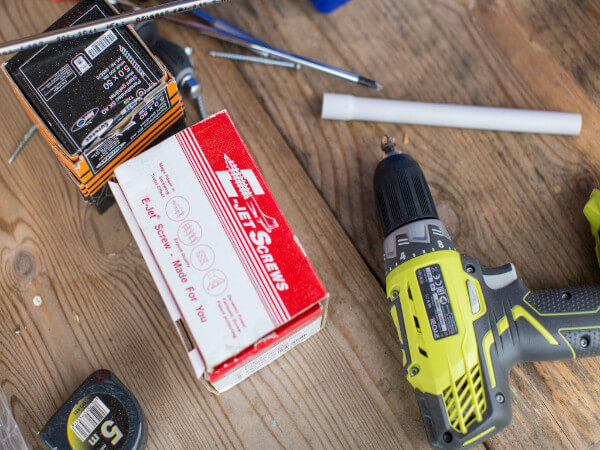
One of Sany’s robotic rollers used on a road project in China.SanyThe company said it used a mobile base station and control room within a short distance of the equipment for remote-control operation. The machines used parameters programmed in advance for route, paving speed, rolling speed, rolling times and width.
Other equipment manufacturers are also experimenting with autonomous paving equipment and have unveiled prototype machines.
Most recently, Volvo CE rolled out its concept CX01 asphalt compactor that would run by remote control or autonomously. The concept uses a split drum, with each drum able to be operated separately, and a self-balancing control system.
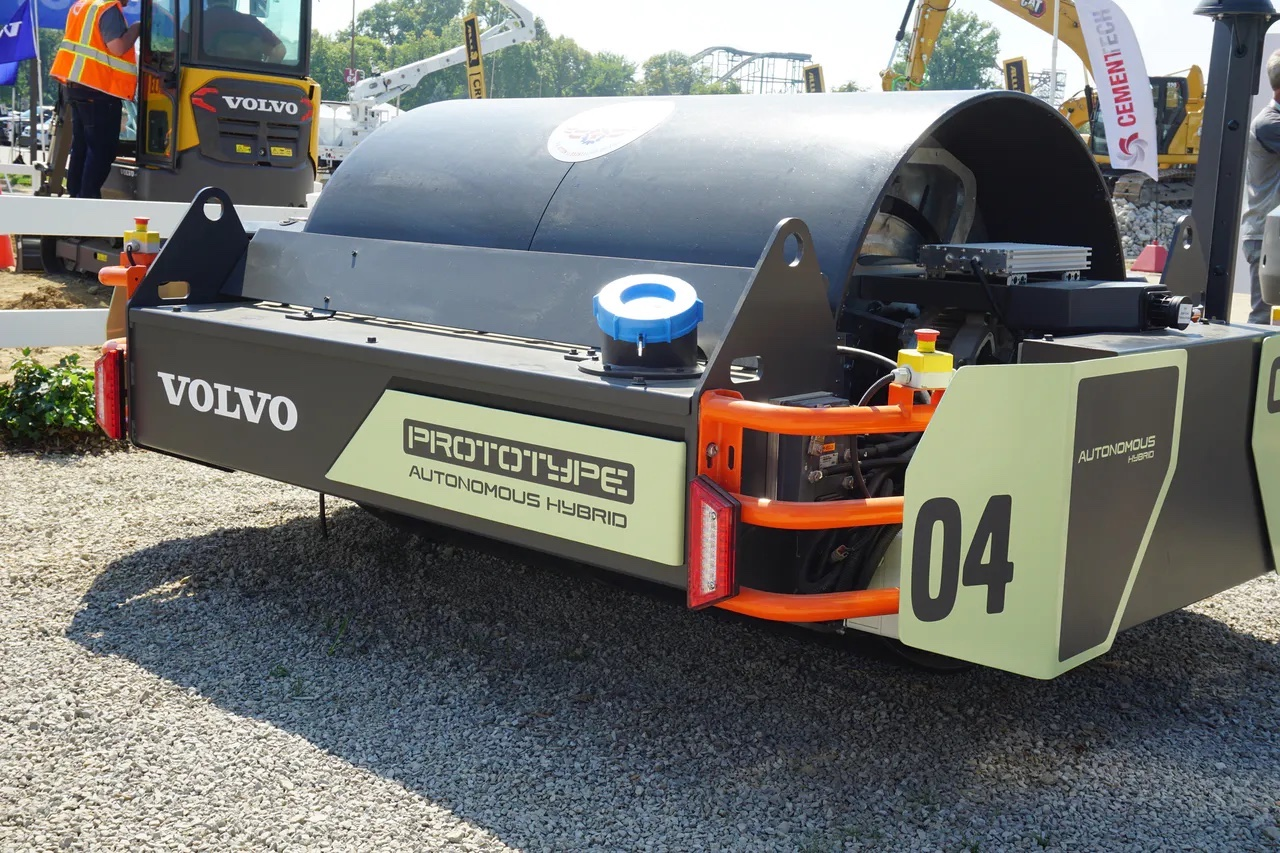
The Volvo CX01 prototype compactor features guarding and emergency stops on each corner.Equipment WorldLast year, BOMAG brought its concept ROBOMAG, a fully autonomous tandem vibratory asphalt compactor, to ConExpo. It uses GPS, LIDAR lasers and positioning sensors to guide its path. It detects objects to avoid collisions. It can also be operated autonomously by manually entering movement patterns, and it can be operated manually by remote control.
At ConExpo, Tim Eisfeld, BOMAG director of marketing and product management, said autonomous paving equipment is still years away from being a viable product, though the technology is here.
“As a manufacturer, we would be ready faster than the market is ready for taking it,” he said.
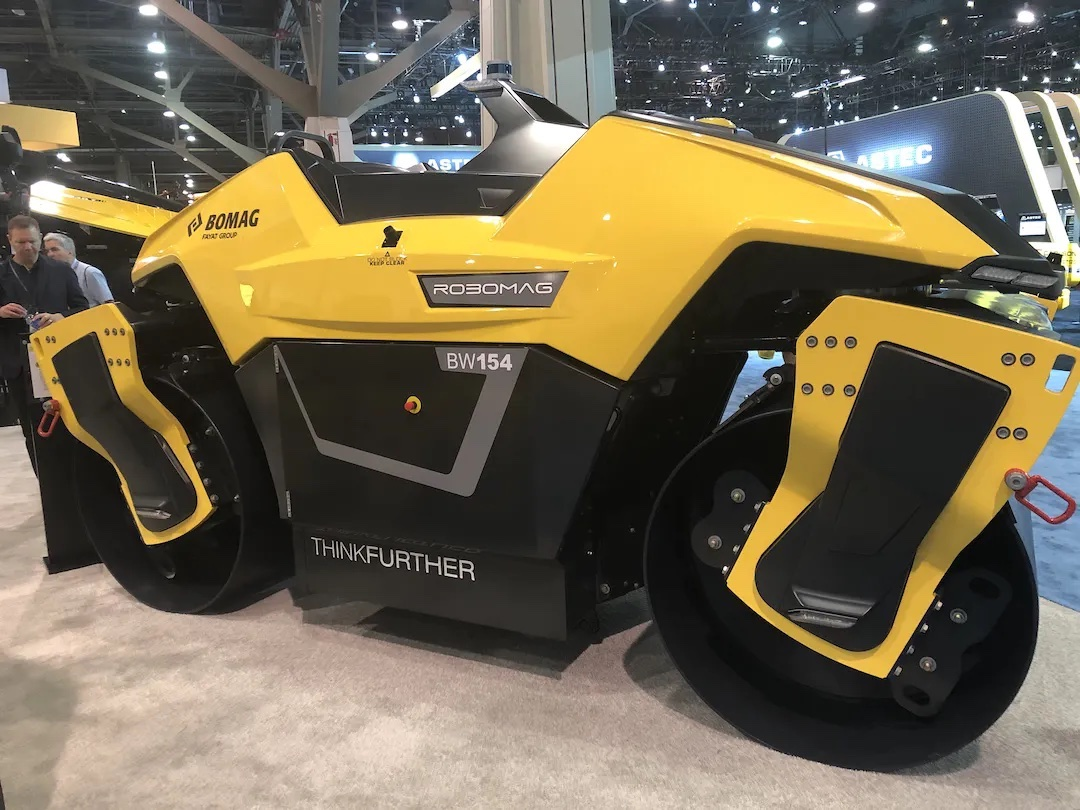
BOMAG’s concept autonomous tandem vibratory compactor, the ROBOMAG.Equipment World
Did you miss our previous article…
https://www.cityheartsaberdeen.com/?p=475

